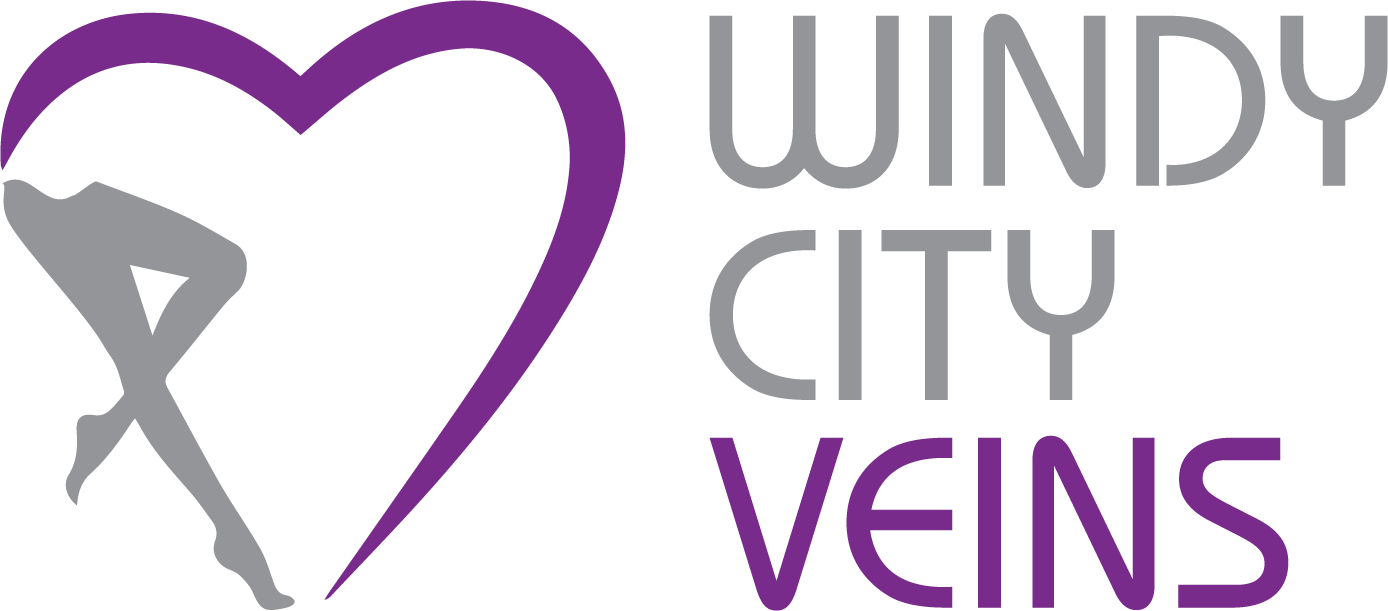Our blood vessels and arteries play an essential role in blood circulation, carrying oxygen, nutrients, and other substances in the blood, from our heart to all the parts of the body.
In some cases, the flow of blood may be interrupted due to damages on the vein walls, creating high pressure to build up and causing swelling and twisting of the veins, known as venous diseases. Venous disease is very common in the United States, especially among women and people over their 50’s. It’s estimated that 23% of Americans suffer from some kind of venous disease.
In order to be sure if venous diseases are a threat to someone’s life or when they are a threat, we will look briefly at different types of venous diseases.
Types of Venous Diseases
Some of the venous diseases or disorders are:
Spider Veins And Varicose Veins
Spider veins and varicose veins are the most common type of venous diseases. Most patients don’t present discomfort; however, others may present numerous symptoms from varicose veins like swelling, dilated blood vessels, leg pain, cramps, itchiness, and more.
Chronic Venous Insufficiency
When the blood vessels don’t allow healthy blood circulation, chronic venous insufficiency may occur, and it’s characterized by a pool of blood collected in the leg. Varicose veins are in the first stages of this condition, and leg ulcers can quickly develop.
Blood Clots
Blood clots are another type of venous disease that can lead to life-threatening conditions like cerebral vein thrombosis, renal vein thrombosis, and pulmonary embolism.
Superficial Venous Thrombosis Or Phlebitis
When superficial venous thrombosis or phlebitis is suffered, the blood clot develops in a vein closer to the surface of the skin. They are not as harmful as deeper blood clots but can cause pain.
Deep Vein Thrombosis
Deep vein thrombosis occurs on a deeper vein, usually on the extremities. They aren’t necessarily life-threatening unless the clot becomes lodged in the blood vessels of the lung, known as pulmonary embolism.
The Risk of Not Treating Venous Diseases
Even though venous diseases aren’t life-threatening, the development of clots can lead to life-threatening conditions, especially for people with other problems like diabetes, as they are at an increased risk for infection.
Get Diagnosed & Treated Before It’s Too Late
Most patients require to make healthier lifestyle changes like a balanced diet and exercise to treat their venous disease. However, it’s always best to get diagnosed by a specialist so you can assess the best treatment to follow.
Windy City Veins Is Your Local Vein Disease Practice
Windy City Veins is a leading vein disease practice in Illinois, with the best board-certified physicians.
Our founder Dr. Parol Pitroda is passionate about helping people improve their life, feel better, and reduce the risks of developing severe conditions due to vein disease. She has vast experience and is certified in internal medicine as well.
We are members of The American Board of Internal Medicine, and we’re affiliated with St. Alexis Hospital, Alexian Brothers, and Northwest Community Hospital. We invite you to visit Windy City Veins, where you’ll be in the best hands in Illinois.


Recent Comments